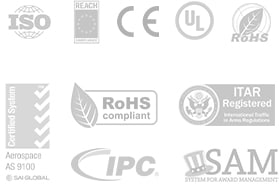Electrolytic capacitors are an essential component in many electronic devices, from power supplies and audio equipment to computer motherboards and televisions. These capacitors are used to store electrical charge and smooth out voltage fluctuations, ensuring that electronic devices operate reliably and efficiently. However, finding a reliable supplier of high-quality electrolytic capacitors can be a challenge.
When searching for an electrolytic capacitor supplier, it is important to consider several factors. First and foremost, the quality of the capacitors themselves is crucial. Cheap, poorly-made capacitors can fail prematurely, leading to costly repairs and downtime. Additionally, the supplier’s ability to provide timely delivery and responsive customer service can be critical for businesses that rely on these components for their products. In this article, we will explore some of the top electrolytic capacitor suppliers in the industry and provide insights into what to look for when selecting a supplier.
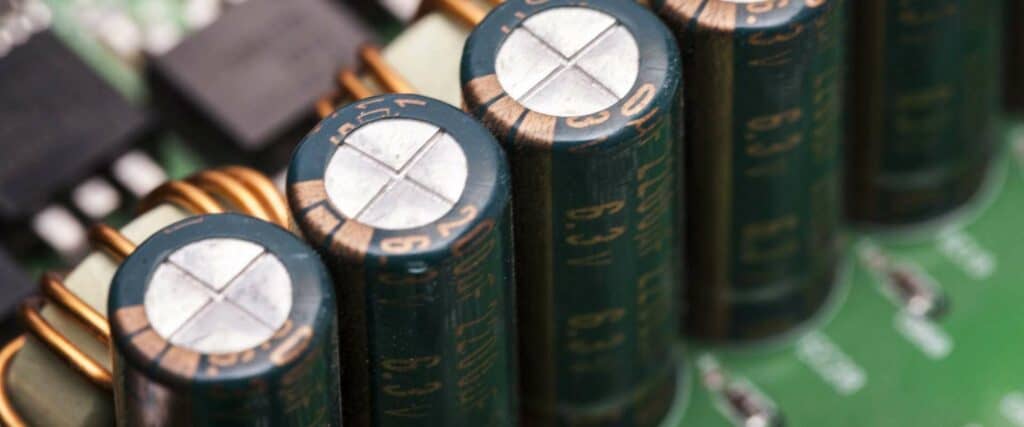
Top Electrolytic Capacitor Suppliers
When it comes to finding high-quality electrolytic capacitors, there are several suppliers worth considering. Here are some of the top electrolytic capacitor suppliers in the market today:
1. Panasonic Corporation
Panasonic Corporation is a well-known supplier of a wide range of electronic components, including electrolytic capacitors. The company’s capacitors are known for their high-quality, durability, and reliability. Panasonic offers a variety of electrolytic capacitors, including aluminum electrolytic capacitors, conductive polymer aluminum solid capacitors, and hybrid capacitors.
2. Nichicon Corporation
Nichicon Corporation is another leading supplier of electrolytic capacitors. The company offers a wide range of capacitors, including aluminum electrolytic capacitors, conductive polymer aluminum solid capacitors, and hybrid capacitors. Nichicon’s capacitors are known for their high-quality, long life, and reliability.
3. Rubycon Corporation
Rubycon Corporation is a Japanese manufacturer of electronic components, including electrolytic capacitors. The company offers a wide range of capacitors, including aluminum electrolytic capacitors, conductive polymer aluminum solid capacitors, and hybrid capacitors. Rubycon’s capacitors are known for their high-quality, durability, and reliability.
4. Nippon Chemi-Con Corporation
Nippon Chemi-Con Corporation is a leading manufacturer of electrolytic capacitors. The company offers a wide range of capacitors, including aluminum electrolytic capacitors, conductive polymer aluminum solid capacitors, and hybrid capacitors. Nippon Chemi-Con’s capacitors are known for their high-quality, long life, and reliability.
5. United Chemi-Con, Inc.
United Chemi-Con, Inc. is a leading supplier of electrolytic capacitors. The company offers a wide range of capacitors, including aluminum electrolytic capacitors, conductive polymer aluminum solid capacitors, and hybrid capacitors. United Chemi-Con’s capacitors are known for their high-quality, durability, and reliability.
In conclusion, these are some of the top electrolytic capacitor suppliers in the market today. When choosing a supplier, it’s important to consider factors such as quality, durability, and reliability. By selecting a reputable supplier, you can ensure that your electronic devices are equipped with high-quality capacitors that will perform reliably over the long term.
Factors to Consider When Choosing Electrolytic Capacitor Suppliers
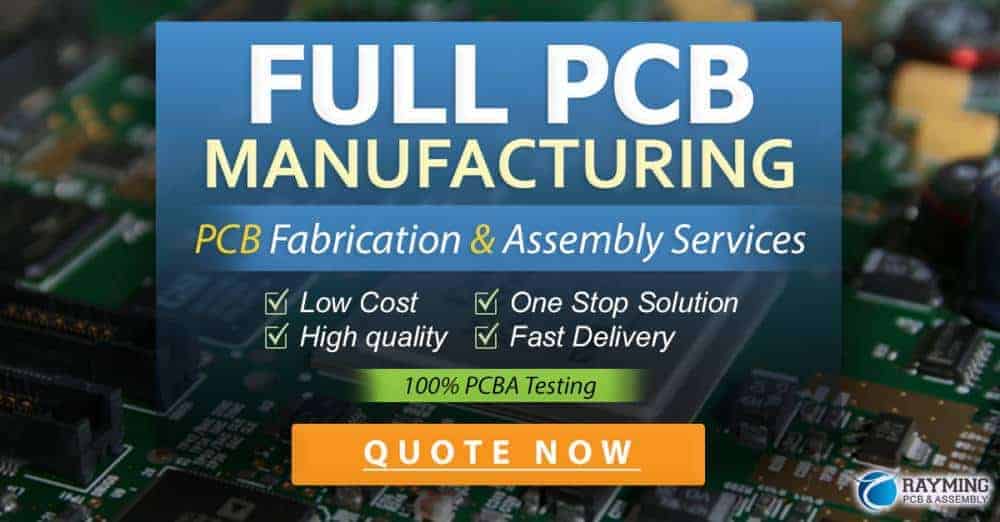
When choosing an electrolytic capacitor supplier, there are several factors to consider to ensure that you get the best quality products and services. Here are some of the factors you should keep in mind:
Quality of Products
The quality of the electrolytic capacitors should be the top priority when choosing a supplier. Ensure that the supplier provides high-quality products that meet your specifications, standards, and requirements. Check the supplier’s certifications, quality control processes, and testing procedures to ensure that the products meet the required standards.
Pricing
Pricing is a critical factor to consider when choosing an electrolytic capacitor supplier. Compare the prices of different suppliers and ensure that you get the best deal without compromising on quality. However, be wary of suppliers who offer very low prices as they may be selling substandard products.
Lead Time
Lead time is the time it takes for the supplier to deliver the products after placing an order. Ensure that the supplier has a short lead time to avoid delays in your operations. Also, check the supplier’s inventory levels to ensure that they have adequate stock to meet your demand.
Customer Service
Good customer service is essential when choosing an electrolytic capacitor supplier. Ensure that the supplier has a responsive and knowledgeable customer service team that can answer your questions and provide technical support when needed. Also, check the supplier’s return policy and warranty to ensure that you are protected in case of any issues with the products.
Reputation
Finally, consider the supplier’s reputation in the market. Check their reviews, testimonials, and ratings to ensure that they have a good track record of providing quality products and services. You can also ask for referrals from other businesses in your industry to get recommendations for reliable suppliers.
Top Considerations When Choosing Electrolytic Capacitor Suppliers
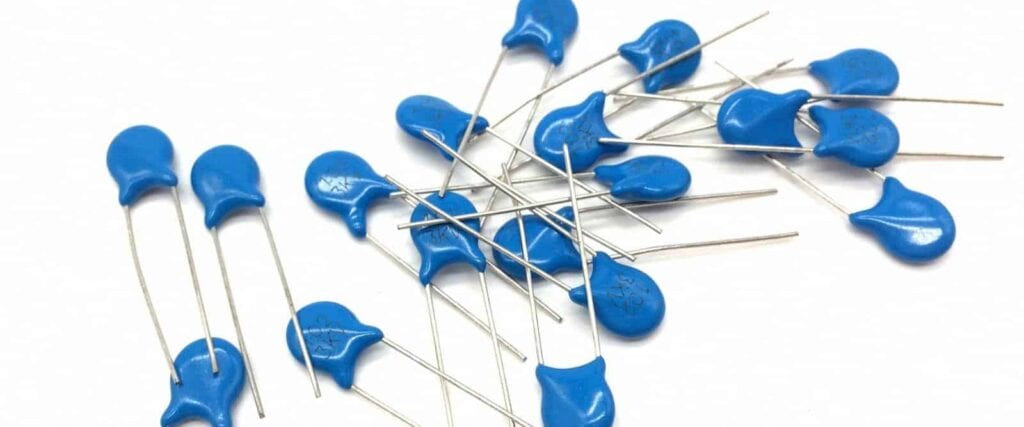
When selecting an electrolytic capacitor supplier, there are several factors to consider. Here are some of the top considerations:
Quality
One of the most important factors to consider when choosing an electrolytic capacitor supplier is the quality of their products. You want to ensure that the capacitors you receive are reliable and long-lasting. Look for suppliers that have a reputation for producing high-quality products and that have certifications, such as ISO 9001, that demonstrate their commitment to quality.
Price
Price is another important consideration when choosing an electrolytic capacitor supplier. While you don’t want to sacrifice quality for a lower price, you also don’t want to overpay. Look for suppliers that offer competitive pricing and that are transparent about their pricing structure.
Lead Time
Lead time is the amount of time it takes for a supplier to deliver your order. When choosing an electrolytic capacitor supplier, consider their lead time and whether it fits with your production schedule. Look for suppliers that have a fast turnaround time and that can deliver your order when you need it.
Customer Service
Good customer service is essential when working with an electrolytic capacitor supplier. Look for suppliers that are responsive to your inquiries and that provide clear and timely communication. You want to work with a supplier that is easy to work with and that is committed to meeting your needs.
Technical Support
Finally, consider the technical support that a supplier offers. Look for suppliers that have knowledgeable technical support staff that can answer your questions and provide assistance when needed. You want to work with a supplier that can help you select the right capacitors for your application and that can provide guidance on how to use them effectively.
In summary, when choosing an electrolytic capacitor supplier, consider their quality, price, lead time, customer service, and technical support. By carefully evaluating these factors, you can select a supplier that meets your needs and that you can trust to provide high-quality products and services.
Common Types of Electrolytic Capacitors
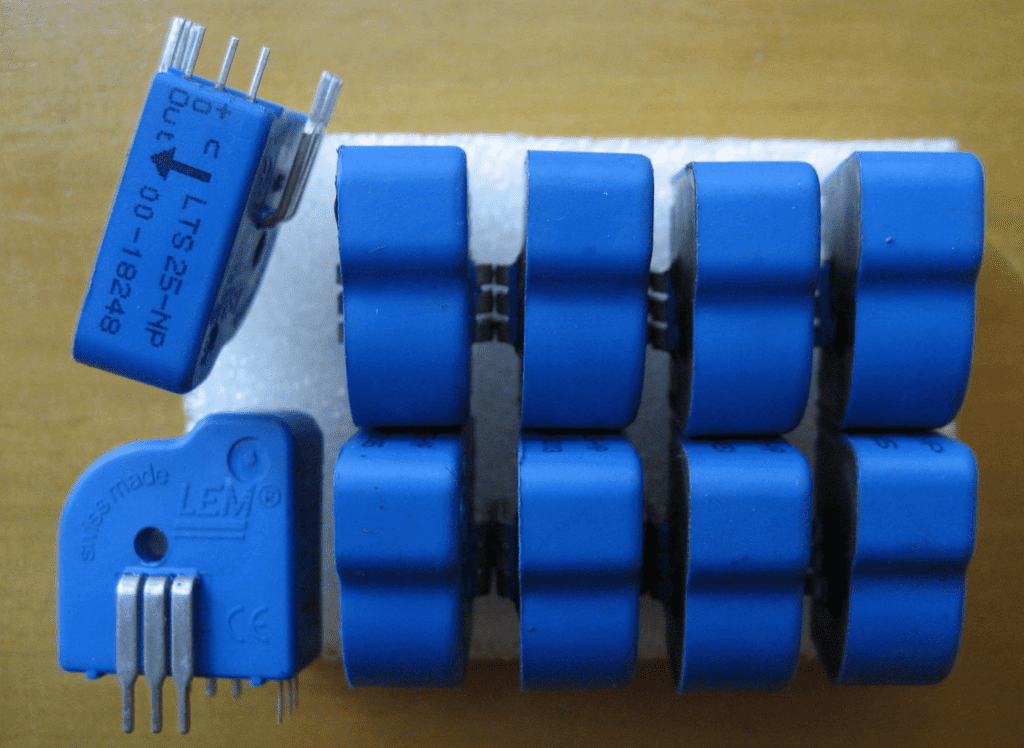
Electrolytic capacitors are a type of capacitor that uses an electrolyte as one of its plates to achieve a larger capacitance compared to other types of capacitors. Here are some of the common types of electrolytic capacitors:
-
Aluminum Electrolytic Capacitors: These capacitors are the most common type of electrolytic capacitor. They are made of aluminum foil and an electrolyte. They have a high capacitance per unit volume and are used in a wide range of applications, such as power supplies, audio equipment, and lighting.
-
Tantalum Electrolytic Capacitors: These capacitors are smaller and more expensive than aluminum electrolytic capacitors. They have a higher voltage rating and a longer lifespan. They are commonly used in portable electronic devices, such as smartphones and laptops.
-
Niobium Electrolytic Capacitors: These capacitors are similar to tantalum electrolytic capacitors, but they are less expensive. They have a lower voltage rating and a shorter lifespan. They are commonly used in automotive and industrial applications.
-
Polymer Electrolytic Capacitors: These capacitors are a newer type of electrolytic capacitor. They use a conductive polymer instead of an electrolyte. They have a higher capacitance per unit volume than aluminum electrolytic capacitors and a longer lifespan than tantalum electrolytic capacitors. They are commonly used in portable electronic devices and computer motherboards.
In summary, there are several types of electrolytic capacitors, each with its own advantages and disadvantages. Choosing the right type of capacitor depends on the specific application and requirements.
Advantages of Electrolytic Capacitors
Electrolytic capacitors are a popular choice for various electronic applications due to their unique advantages. Here are some of the key benefits of using electrolytic capacitors:
-
High capacitance: Electrolytic capacitors can offer high capacitance values, making them ideal for applications that require large amounts of charge storage.
-
Low cost: Compared to other types of capacitors, electrolytic capacitors are relatively inexpensive, making them an attractive option for cost-sensitive applications.
-
Compact size: Electrolytic capacitors are available in small sizes, which makes them ideal for use in compact electronic devices.
-
Polarity: Electrolytic capacitors are polarized, which means they have a positive and negative terminal. This makes them ideal for applications that require a specific polarity.
-
Long life: Electrolytic capacitors can have a long lifespan, making them ideal for use in applications that require longevity.
-
High voltage: Electrolytic capacitors can handle high voltage levels, making them ideal for use in high-voltage applications.
Overall, electrolytic capacitors offer a range of benefits that make them a popular choice for various electronic applications. However, it’s important to choose the right type of electrolytic capacitor for your specific application to ensure optimal performance and reliability.
Disadvantages of Electrolytic Capacitors
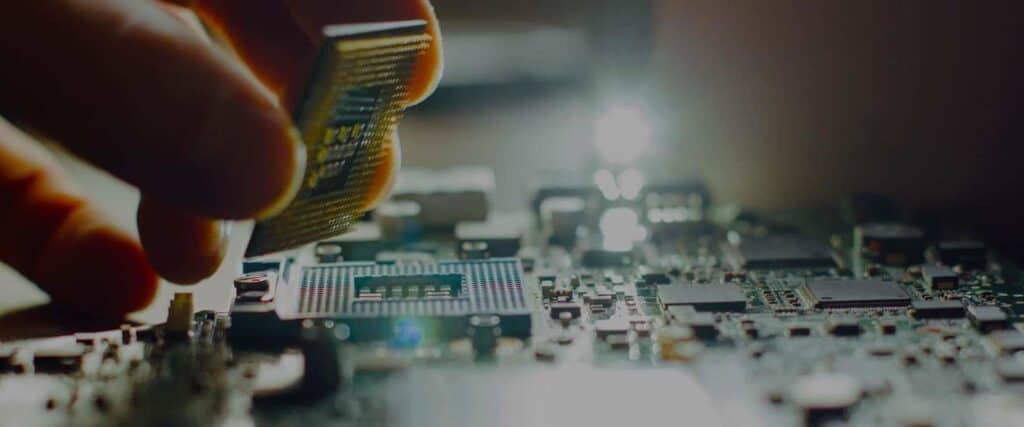
Electrolytic capacitors have a number of advantages, but they also have some disadvantages that should be taken into account when selecting a capacitor for a particular application. Here are some of the main disadvantages of electrolytic capacitors:
Polarization
One of the most significant disadvantages of electrolytic capacitors is their polarization. Electrolytic capacitors are polarized, which means that they have a positive and negative terminal. If they are connected the wrong way around, they can be damaged or even explode. This means that extra care must be taken when installing them, and they may not be suitable for certain applications where polarity cannot be guaranteed.
Temperature Sensitivity
Electrolytic capacitors are also sensitive to temperature. They have a limited temperature range in which they can operate effectively, and if they are exposed to temperatures outside this range, their performance can be affected. This means that they may not be suitable for use in high-temperature environments or in applications where temperature fluctuations are common.
Limited Lifespan
Another disadvantage of electrolytic capacitors is their limited lifespan. Over time, the electrolyte inside the capacitor can dry out or degrade, which can cause the capacitor to fail. This means that electrolytic capacitors may not be suitable for use in applications where long-term reliability is critical.
Size and Cost
Finally, electrolytic capacitors tend to be larger and more expensive than other types of capacitors. This can make them unsuitable for use in applications where space is limited or where cost is a significant factor.
In summary, while electrolytic capacitors have many advantages, they also have several disadvantages that should be considered when selecting a capacitor for a particular application. These disadvantages include polarization, temperature sensitivity, limited lifespan, and size and cost.
Applications of Electrolytic Capacitors
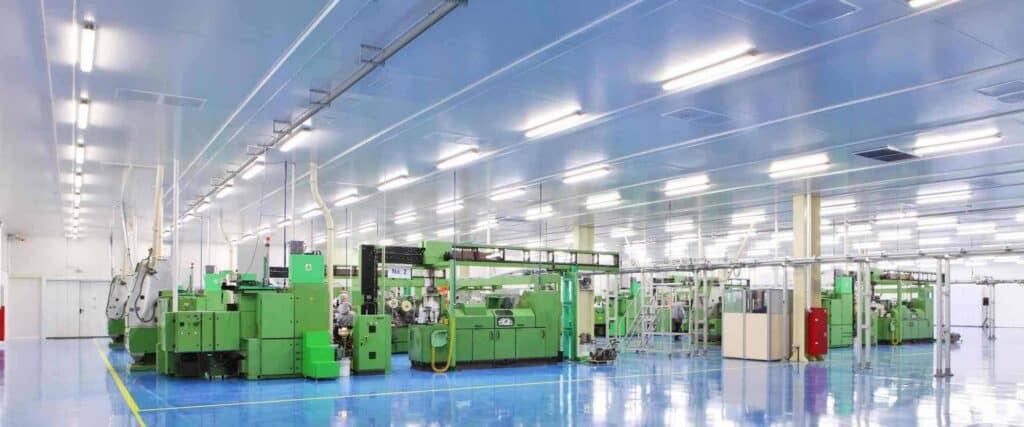
Electrolytic capacitors are widely used in electronic devices and equipment due to their high capacitance and low cost. Here are some of the applications of electrolytic capacitors:
Power Supply Filtering
One of the most common applications of electrolytic capacitors is in power supply filtering. They are used to smooth out the output voltage of rectifiers and voltage regulators, reducing ripple and noise. Electrolytic capacitors are preferred for this application due to their high capacitance values and ability to handle high voltage levels.
Audio Amplifiers
Electrolytic capacitors are also used in audio amplifiers to block DC voltage and allow AC signals to pass through. They are used in coupling and decoupling circuits to prevent noise and distortion. The capacitance value and voltage rating of the capacitor are critical in this application and must be carefully selected based on the specific requirements of the amplifier.
Motor Start and Run Capacitors
Electrolytic capacitors are commonly used in motor start and run circuits to provide the necessary phase shift and voltage boost to start the motor. They are also used to maintain the motor’s speed and reduce power consumption. These capacitors must be carefully selected based on the motor’s specifications and operating conditions.
Lighting Ballasts
Electrolytic capacitors are used in lighting ballasts to provide the high voltage and current required to start and operate fluorescent and HID lamps. They are used in conjunction with inductors and resistors to create the necessary circuitry for lamp operation.
Overall, electrolytic capacitors are versatile components that are used in a wide range of electronic applications. Their high capacitance values, low cost, and ability to handle high voltage levels make them an ideal choice for many applications.
Conclusion
In conclusion, finding the right electrolytic capacitor supplier is crucial for ensuring the quality and reliability of your electronic devices. After researching and analyzing various suppliers, we have come to the following conclusions:
- The top suppliers in the market offer a wide range of electrolytic capacitors with varying specifications to meet the needs of different applications.
- The quality of capacitors from these suppliers is generally high, with strict quality control measures in place to ensure consistent performance.
- Price is an important consideration, and while some suppliers may offer lower prices, it is important to consider the quality and reliability of their products.
- Lead time is another important factor, and many suppliers offer fast delivery times to meet tight project deadlines.
- Customer service and technical support are also crucial, and top suppliers offer responsive and knowledgeable support to help customers with any issues or questions.
Overall, when choosing an electrolytic capacitor supplier, it is important to consider a range of factors, including quality, price, lead time, and customer service. By choosing a reputable supplier with a proven track record, you can ensure the success and reliability of your electronic projects.

